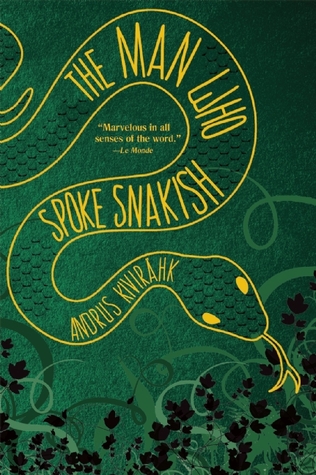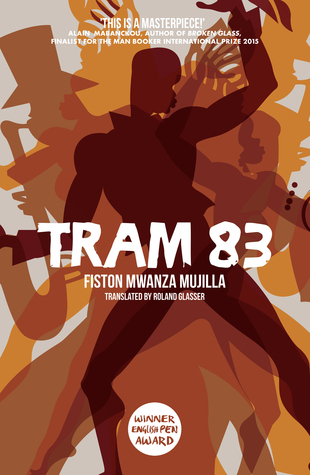
Goodreads Synopsis:
A bestseller in the author’s native country of Estonia, where the book is so well known that a popular board game has been created based on it, The Man Who Spoke Snakish is the imaginative and moving story of a boy who is tasked with preserving ancient traditions in the face of modernity.
Set in a fantastical version of medieval Estonia, The Man Who Spoke Snakish follows a young boy, Leemet, who lives with his hunter-gatherer family in the forest and is the last speaker of the ancient tongue of snakish, a language that allows its speakers to command all animals. But the forest is gradually emptying as more and more people leave to settle in villages, where they break their backs tilling the land to grow wheat for their “bread” (which Leemet has been told tastes horrible) and where they pray to a god very different from the spirits worshipped in the forest’s sacred grove. With lothario bears who wordlessly seduce women, a giant louse with a penchant for swimming, a legendary flying frog, and a young charismatic viper named Ints, The Man Who Spoke Snakish is a totally inventive novel for readers of David Mitchell, Sjón, and Terry Pratchett.
Review:
I’m determined to make a decent dent in my “Read Around the World” challenge this year, especially now that I have access to the library again so can request lots of books. I decided to go for this one as the synopsis sounded very interesting. I’d also be very interested in trying out the board game based on it, but unfortunately I don’t think that’s been translated. I also decided I wanted to read novels from places I’d already visited and Estonia was one of the first trips I took as an adult.
The book is a historical fiction novel set during the time that Estonia converted to Christianity. The main character, Leemet, grows up during a period of change and we slowly see the world adapting to the new society that has been brought to the land. This transition period makes a very interesting setting as it allows us to see the changes brought to the country and both the new and traditional beliefs.
Unfortunately, I don’t know that much about Estonia so I don’t know how much of the fantastical nature is based on mythology and how much was from the author himself. I’ve visited the Estonian Open Air Museum which definitely influenced how I imagined the village while reading. Aside from that though, I don’t know much about Estonian History (I visited several other museums while I was there, but I’ve forgotten a lot of it).
Despite lacking a lot of background knowledge that Estonian readers will have, I was still able to enjoy and appreciate this novel and it has certainly inspired me to learn more about Estonia. I would definitely recommend this to those doing “Read Around the World” challenges and would also recommend visiting Estonia to those that enjoy travelling.








